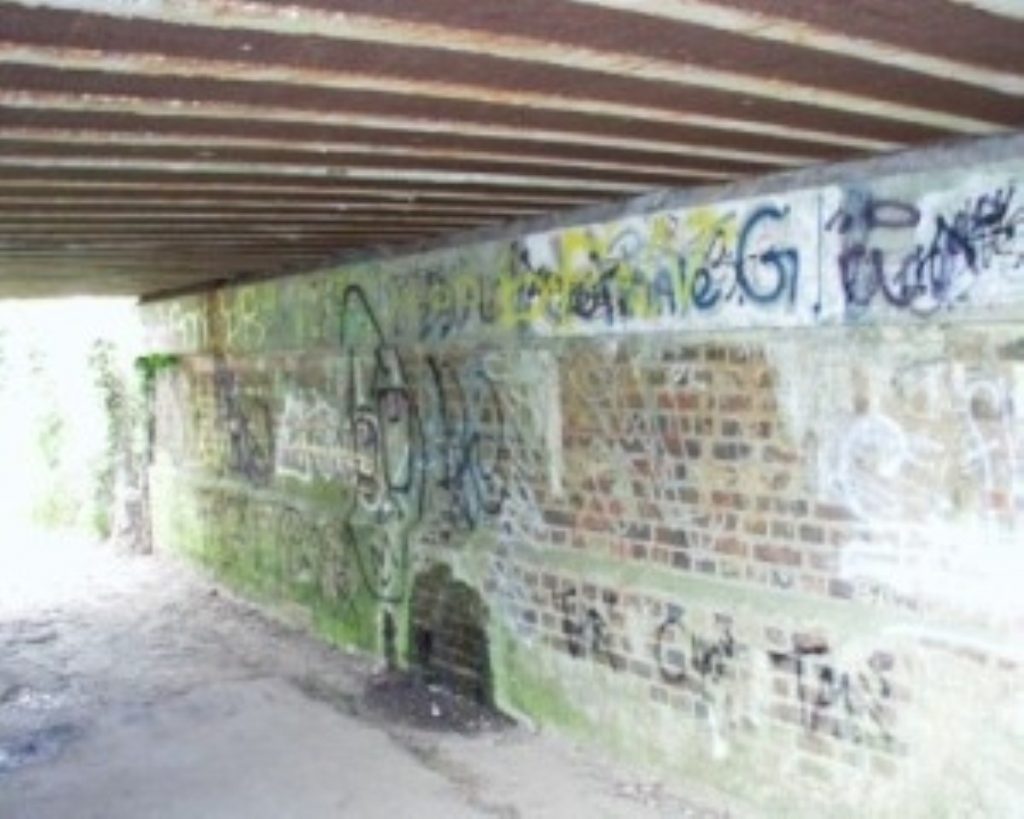How ‘parliamentary graffiti’ costs you £360 a pop
In the post-expenses age when everything about MPs' spending is scrutinised closely, it seems extraordinary these motions survive. Still, this week it has emerged that under existing parliamentary rules they can spend hundreds of pounds of taxpayers' money simply by tabling an increasingly obscure bit of parliamentary procedure.
Earlier this year Teresa Pearce MP tabled a Commons motion worrying about a proposal to sell off the homes of lock-keepers along the River Thames. It cost the taxpayer £360.
Earlier this month Michael Meacher MP tabled a Commons motion noting March 9th was the 250th anniversary of William Cobbett, a key reformer in the 1832 Reform Act. It cost the taxpayer £360.
Earlier this week Elfyn Llwyd MP tabled a Commons motion complaining that a visit of the Welsh rugby union squad to parliament was not sufficiently publicised to Welsh MPs "so that each one should have had an opportunity of congratulating them". It cost the taxpayer £360.


In fact each of the Commons motions tabled in the 2011/12 session cost the taxpayer £360, because the total bill for them in this session was £447,000, and the Commons authorities are good at doing dividing sums and working out the cost per motion.
These Commons motions are never even debated and are often ignored. They are beloved by lobbyists, who boast to their clients they can get MPs to put their signatures to them and that this justifies their clients paying them an awful lot of money. They are derided by critics as 'parliamentary graffiti' and a complete waste of money.
The problem with early day motions (EDMs) is that they go nowhere. They are an opportunity for backbenchers to propose debate 'for an early day' – ie, for debate on an unspecified day.
EDMs do have some lingering value. "They do act as a safety valve, and MPs (and many outside the House) value them as a means of expressing and testing views," the Commons clerk explains in the excellent tome How Parliament Works. They can be used to oppose statutory instruments, criticise individuals or set out detailed allegations under the protection of parliamentary privilege.
The majority of MPs do not take advantage of them for this purpose, however, as a glance at some of the most recent EDMs tabled reveals.
Nothing happens to them. Next to nothing will happen because of them. They just sit there, on the official record. They are so meaningless that the 26 MPs who signed an EDM mourning the loss of Jimmy Savile failed to withdraw their names from the EDM, despite having the opportunity to do so.
That was a point raised at a meeting of the Commons' procedure committee earlier this week, when Tory backbencher Graham Evans put forward his proposal to shift the system online.
The bill for EDMs has already dropped significantly. In the final years of the New Labour government it stood at around £750,000, with every EDM being printed every single day. The bill has now fallen, but Evans believes more can be done.
"I'm proposing to reform EDMs to enable backbenchers to still be able to represent their constituents but not at the current cost," he explained to politics.co.uk.
"We are in the 21st century and we should be thinking of 21st century business systems in a 19th century parliament. I think that's a reasonable thing to do – and I think the general public would agree."
Evans' arguments encountered significant opposition from MPs on the committee, however. One suggested that EDMs were part of the "cost of democracy". Another batted away claims that many EDMS are a little excessive by saying "frivolity is in the eye of the beholder". Too many MPs use them to trumpet developments in their local constituency, effectively making them little more than a very pricy, taxpayer-subsidised press release.
It remains to be seen whether any concrete reforms will be adopted. "The solution is not to abolish them, but to make them more meaningful," one MP on the procedure committee urged. That would be a nice outcome. Getting rid of the cost involved would be even nicer.









